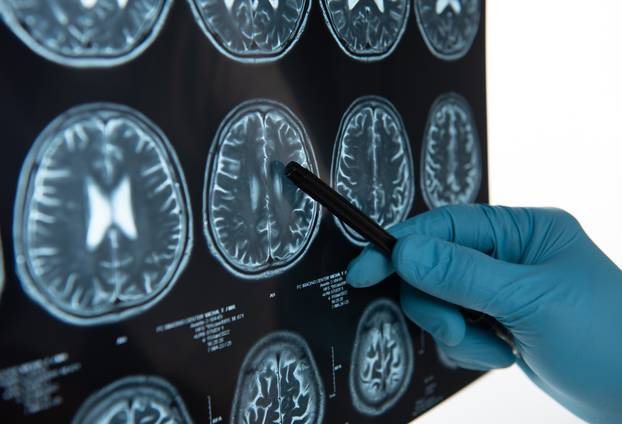In Croatia, about 80,000 patients live with the consequences of stroke, of which about 26,000 have speech and language difficulties of the aphasia type and need speech therapist assistance. Aphasia is a disorder most commonly occurring after a stroke, affecting comprehension, expression, reading, and writing. Although speech therapy is crucial for rehabilitation, there is currently a shortage of speech therapists in Croatia, especially those specializing in aphasia therapy. Only about 5-7% of speech therapists in the healthcare system work with aphasia patients. Therapy is available in hospitals, rehabilitation institutions, and outpatient clinics but is not accessible in all cities and regions, with a particular problem being the lack of home therapy for patients with mobility difficulties. The Ministry of Health plans to employ speech therapists in health centers and enact a law regulating the profession, which should improve the availability and quality of services for people with aphasia.
Political Perspectives:
Left: Left-leaning sources emphasize the need for increased public healthcare funding to address the shortage of speech therapists, highlighting the social justice aspect of ensuring equal access to rehabilitation services for all stroke survivors, especially in rural and underserved areas. They advocate for government intervention to expand services and improve the quality of care for aphasia patients.
Center: Center-leaning sources report the facts about the shortage of speech therapists and ongoing government plans to improve the situation, such as hiring more therapists and passing legislation to regulate the profession. They focus on the practical steps being taken and the importance of timely therapy for stroke recovery without strong political framing.
Right: Right-leaning sources may focus on the efficiency and management of healthcare resources, possibly highlighting the role of private speech therapy services and encouraging private sector involvement to fill gaps in public healthcare. They might emphasize personal responsibility and the role of innovation and market solutions in addressing the shortage.























